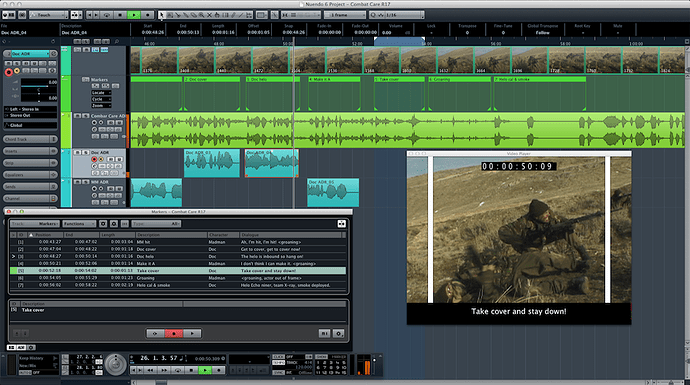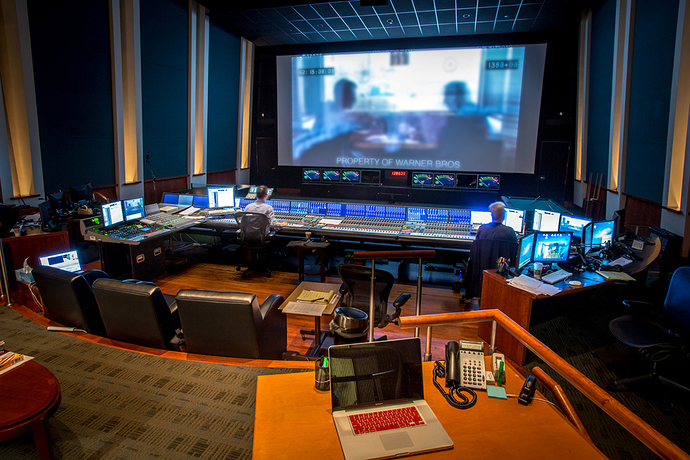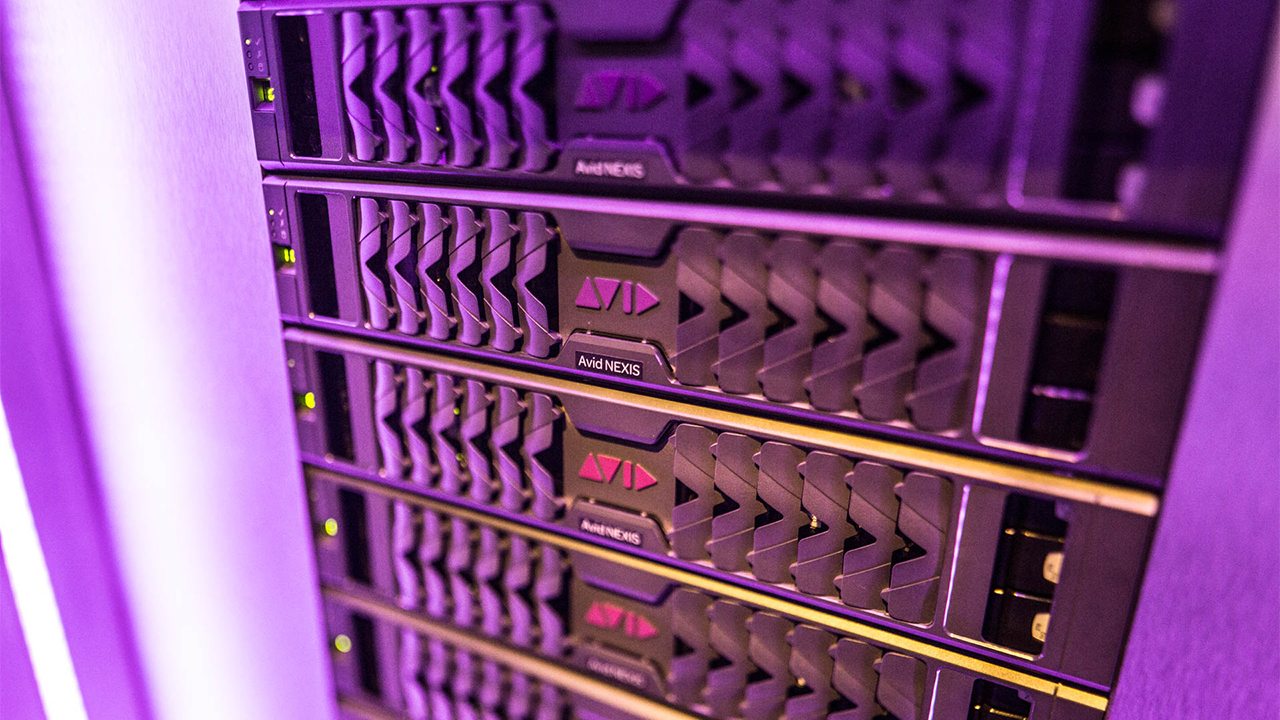I switched to Reaper for mixing only about 3 and a half years ago, after 7 years on Sonar. I was having a lot of issues with Sonar at the time - bugs and crashes, slow loading times etc. etc.
Like @Cristina , I found Kenny Gioya’s tutorials were fantastic for getting to know the program, as it is very, very deep and infinitely customisable. There are about 20 different ways to do each thing… That can be really intimidating but if you work through it, you can get up to speed pretty quickly. Jon Tidy at the Reaper Blog has lots of killer tutorials as well.
For mixing audio, the Reaper workflow is unbeatable, IMO. I’ve had some experience with many other DAWs - Pro Tools, Studio One, Cubase, Mixbus, Ableton, Reason etc. Reaper’s “track agnostic” approach is just so easy to use, especially after having to wade through Sonar’s bussing system.
For example, watching people set up busses and sends in Pro Tools on video mixing tutorials is like watching paint dry! Reaper does it so much faster and easier. (Not picking on PT per se - it is just that most of the professionals who make tutorials use it - I have felt similar frustration when seeing the way other DAWs implement these functions)
Another thing that is unbeatable is Reaper’s miniscule CPU footprint. Sonar used to start wheezing and bugging out at a relatively meager plugin/track count. In Reaper, I can run massive sessions before it even hints at being overloaded… & that’s a 1:1 comparison on the same computer. What’s more, you get updates just about weekly, they take virtually no time to download, and the updates install in about 30 seconds! (Not exaggerating)
That said, up until very recently, I kept recording and producing on Sonar, as I was so familiar with it’s workflow in that respect, and I was fast at it. I finally bit the bullet, and my two latest projects have been done completely in Reaper, which has been a learning curve, but I’m getting there… I love the concept of doing everything within a single DAW from now on.
On balance, not everyone has the patience to wade through Reaper’s deep waters, and if you are mainly just mixing your own projects, much of Reaper’s depth of routing functionality may be somewhat superfluous to your needs. But definitely check it out via the unhindered demo. Many of the plugins you got through Sonar will continue to work in Reaper.
Regarding other DAWs you should check out: Definitely Mixcraft & Studio One. I have a soft spot for Mixcraft, because it was the very first DAW I used, and it has matured greatly since then. Studio One is very easy to use too. Both these DAWs also come with a generous supply of VIs and plugins.
… Anyhow… Hope that helps in some way… This thing with Gibson and Sonar truly sucks.






